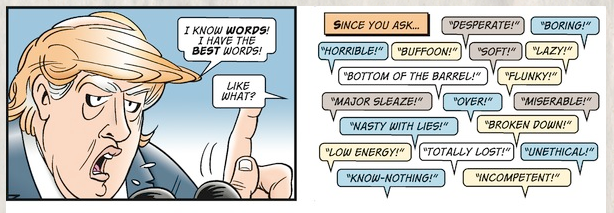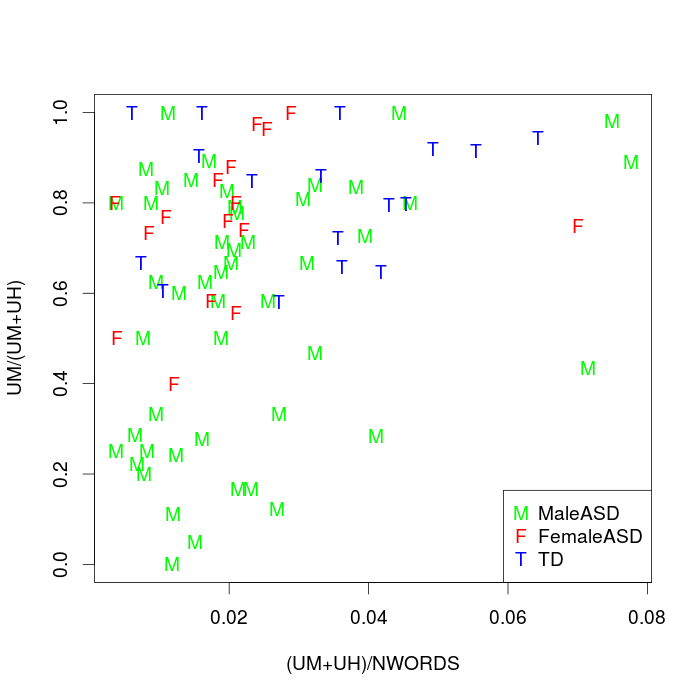Character amnesia redux
This is a topic that we have frequently broached on Language Log:
- "Character Amnesia" (7/22/10)
- "Character amnesia revisited" (12/13/12)
- "Spelling bees and character amnesia" (8/7/13)
- "Character amnesia and the emergence of digraphia" (9/25/13)
- "Dumpling ingredients and character amnesia" (10/18/14)
- "Character amnesia in 1793-1794" (4/24/14)
- "Japanese survey on forgetting how to write kanji" (9/24/12)
In several recent messages to me, Guy Almog has raised the issue once again. This is not unexpected for someone whose ongoing research focuses on the changing writing and reading habits of native Chinese and Japanese speakers, and mainly with issues of memory and forgetfulness of hanzi / kanji.
Read the rest of this entry »


